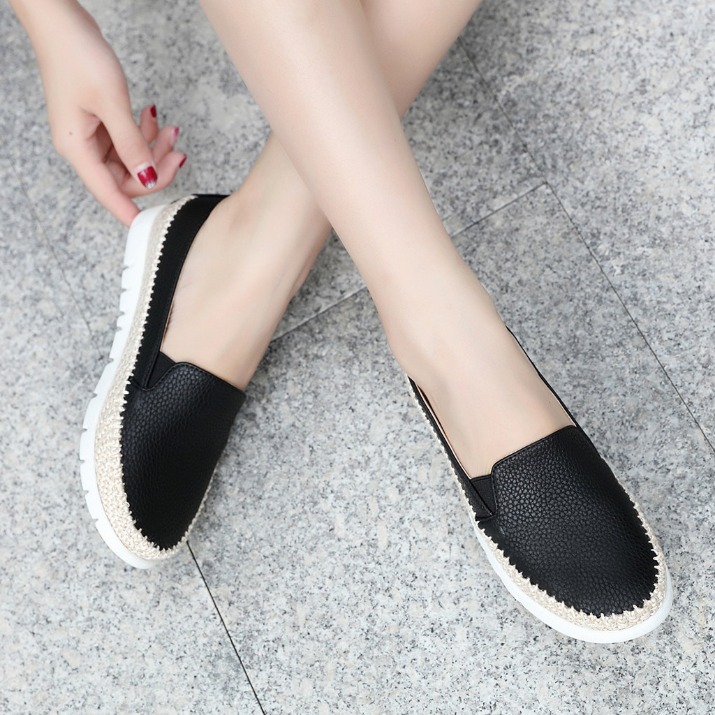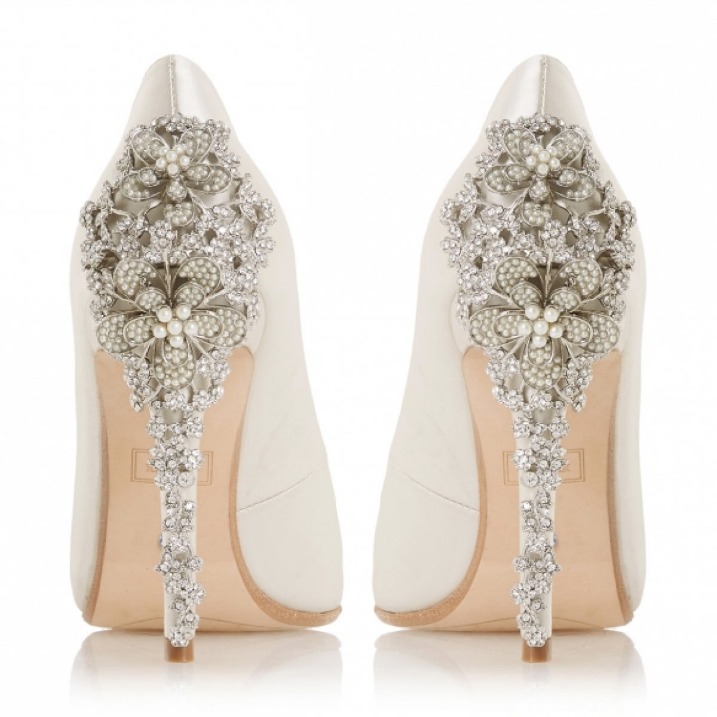Selecting the right footwear is crucial for all types of runners, regardless of their experience level. Whether you’re a casual jogger or a seasoned marathoner, understanding the variety of *running shoes* available can make a significant impact on your performance and comfort. This comprehensive guide covers everything from trail running shoes to stability running shoes, providing valuable insights to help you find the perfect pair.
Types of Running Shoes
Neutral Running Shoes
Neutral running shoes are designed for runners with a natural gait. These shoes offer cushioning and flexibility to support the foot’s natural movement, making them ideal for those without significant pronation or supination issues.
Trail Running Shoes
For those who prefer off-road adventures, trail running shoes are a must-have. These shoes come equipped with enhanced traction, robust durability, and protective features to navigate the uneven and often challenging terrains of trails.
Stability Running Shoes
If you have flat feet or tend to overpronate, stability running shoes can offer the support you need. These shoes are engineered to provide extra arch support and stability, reducing the risk of injuries.
Features to Look for in Running Shoes
- Cushioning: Adequate cushioning can absorb impact and provide comfort during long runs.
- Arch Support: Depending on your foot type, the right arch support can prevent discomfort and injuries.
- Traction: Essential for trail running shoes to maintain grip on various surfaces.
- Durability: High-quality materials ensure your shoes can withstand wear and tear.
- Breathability: Ventilated designs help keep your feet cool and dry.
Running Shoes Review: What to Consider
When looking at running shoes reviews, it’s important to consider real-world feedback from other runners. Look for reviews that discuss the shoe’s performance, comfort, durability, and specific features. Pay attention to reviews from runners with similar needs and running styles as yours.
FAQs About Running Shoes
- What is the difference between trail running shoes and regular running shoes? Trail running shoes are specifically designed for rugged terrains, providing better traction, durability, and protection.
- Do I need stability running shoes? If you overpronate or have flat feet, stability running shoes offer better support and can reduce the risk of injury.
- How often should I replace my running shoes? Generally, running shoes should be replaced every 300-500 miles, depending on the shoe’s condition and your running habits.
- Are expensive running shoes always better? Not necessarily. The best running shoe for you depends on your specific needs, running style, and foot type, not just the price.
Choosing the right pair of running shoes is an essential step towards achieving your running goals. Whether you’re tackling trails or running on pavement, the ideal footwear can enhance your performance and comfort, enabling you to focus on the run itself. Make the investment in the right shoes today, and enjoy the journey ahead.






Leave a Reply